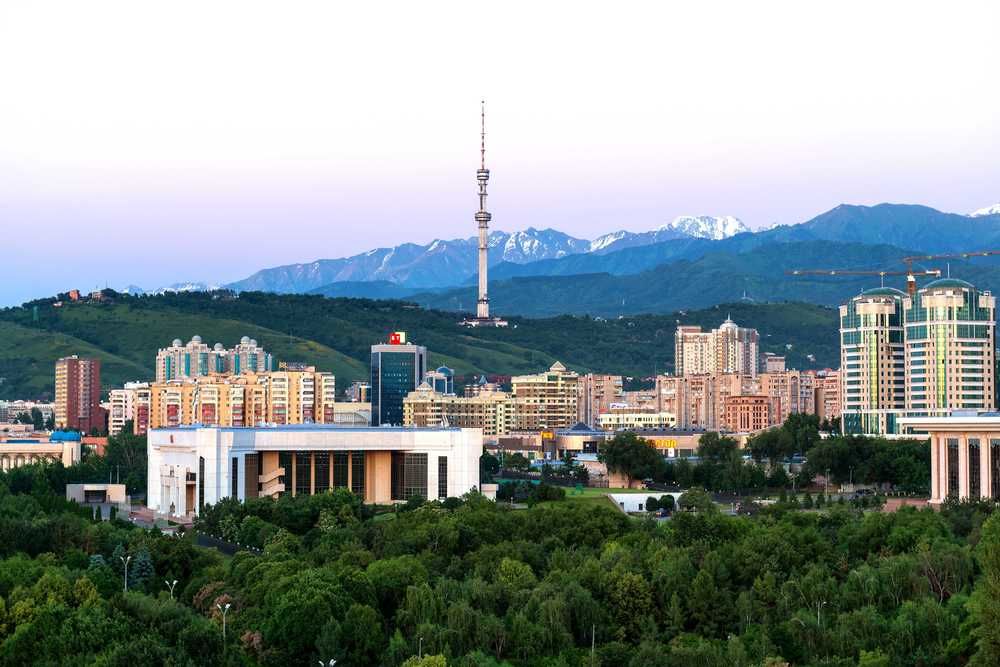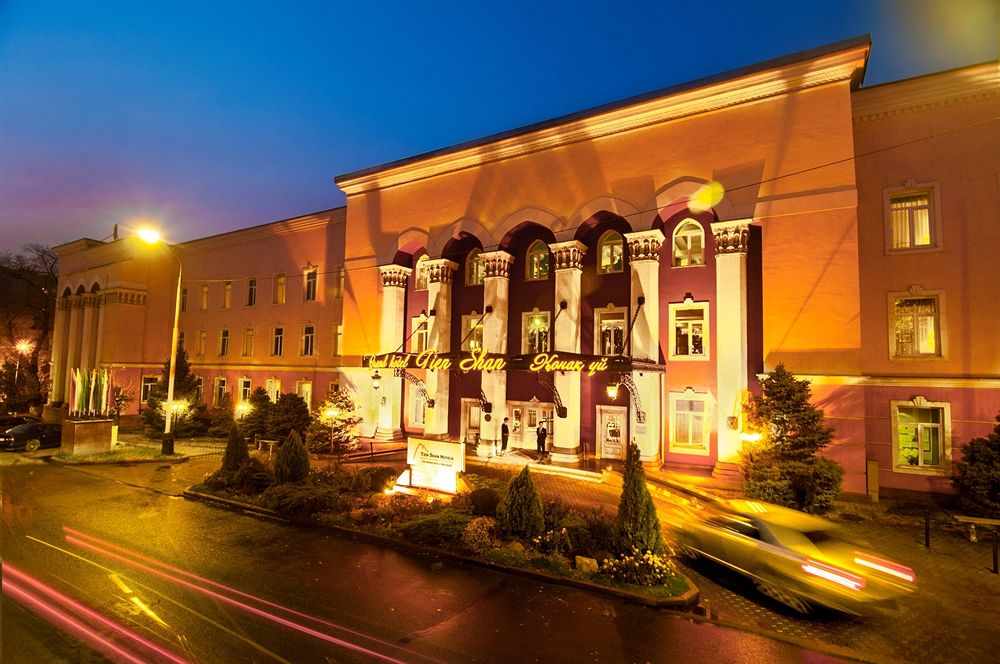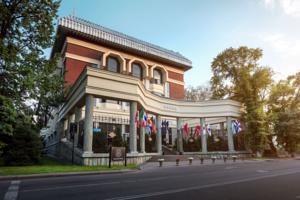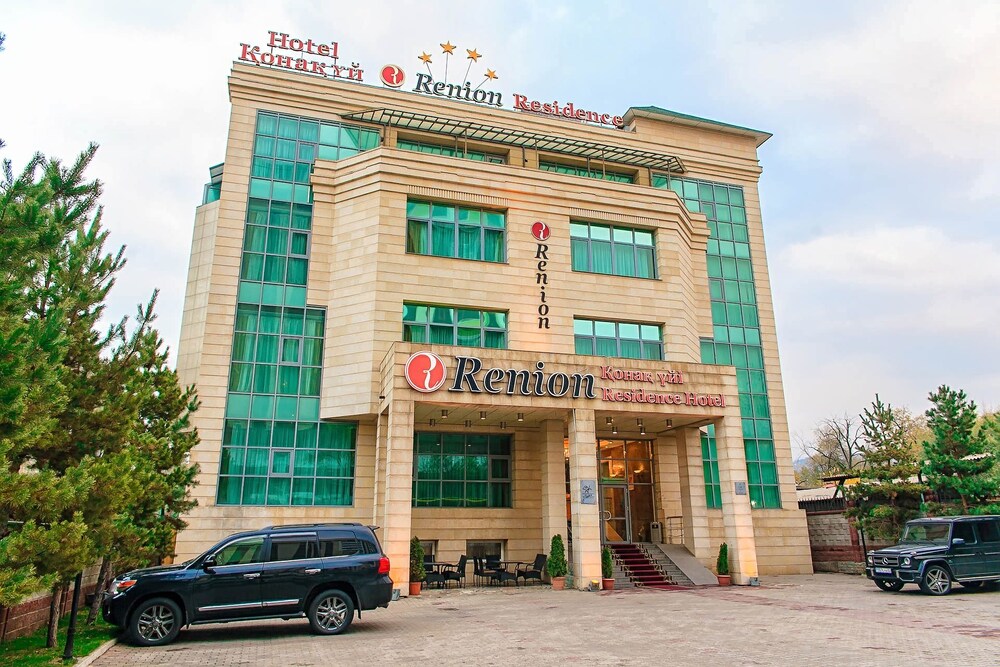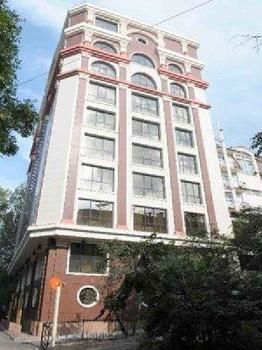
アルマトイホテル検索結果
AIが見つけた軒のホテルの最安値をご覧ください。
ベストホテル
最安値のホテル
ホテル等級
AIおすすめ
アルマトイベストホテル
アルマトイ 最低価格のホテル
最高評価のホテル
アルマトイにある5つ星ホテル
アルマトイにある4つ星ホテル
アルマトイにある3つ星ホテル
AIがおすすめする世界の旅行先
アルマトイ近くのホテル情報
アルマトイ 旅行に欠かせない情報
“A city where the calm and cool air sets”
Almaty (Kazakh: Алматы, translit. Almaty [ɑlmɑˈtə]; Russian: Алматы [ɐlmɐˈtɨ]), formerly known as Alma-Ata (Russian: Алма-Ата) and Verny (Russian: Верный Vernyy), is the largest city in Kazakhstan, with a population of 1,797,431 people, about 8% of the country's total population. It served as capital of the Kazakh state in its various forms from 1929 to 1997, under the influence of the then Soviet Union and its appointees. Alma-Ata was the host city for a 1978 international conference on Primary Health Care where the Alma Ata Declaration was adopted, marking a paradigm shift in global public health. In 1997, the government relocated the capital to Astana in the north of the country, which is about 12 hours away by train.
Almaty continues as the major commercial and cultural centre of Kazakhstan, as well as its most populous and most cosmopolitan city. The city is located in the mountainous area of southern Kazakhstan in the foothills of the Trans-Ili Alatau at an elevation of 700–900 m (2,300–3,000 feet), where the Large and Small Almatinka rivers run into the plain.The city has been part of the UNESCO Creative Cities Network in the area of music since November 2017.
 時間 UTC+06
時間 UTC+06 通貨 KZT
通貨 KZT 言語 Kazak, Russian
言語 Kazak, RussianStaypiaだけの特別な特典
リアルタイムホテル最安値比較
AIが見つけたin アルマトイの軒のホテルのリアルタイム最安値を簡単に比較検索できます。
316万軒のホテルを最安値で予約
最低価格に最大31%追加メンバーシップ割引でさらにお得にご予約いただけます。
自分だけの
AIがリアルタイムで更新するアルマトイ旅行情報で便利に旅行を準備しましょう。
よくある質問
アルマトイで最も人気のある5つ星ホテルはRahat Palace Hotel, InterContinental Almaty Hotel, The Ritz-Carlton Almatyです。 アルマトイ 評価順にホテルを見る
一般的なホテルの場合、客室予約はキャンセル締切日前まで無料返金が可能です。キャンセル締切日以降は手数料が発生する場合がありますので、ホテルバウチャーまたはメニュー>マイ予約でキャンセル締切日をご確認ください。
ステピアでは、AIが収集した316万件のホテルの最安値はもちろん、会員限定の追加割引価格で人気ホテルを予約することができます。

